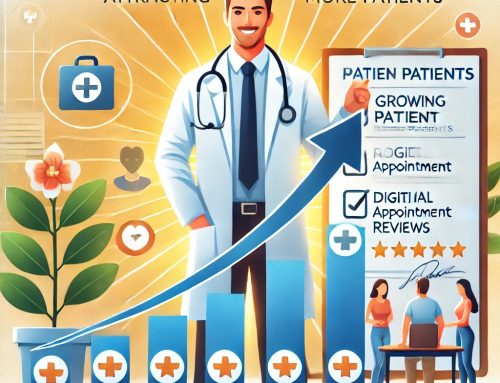While this past year has been very exciting in the area of “wearables” and medical technology, not every new app and device that rolled out received rave reviews.
Check out iHealthBeat’s “Reporting Technology’s Impact on Health Care on January 5th. to see this point.
Consumers on average gave health, fitness and medical mobile applications an average score of 66.5 out of 100, or “good,”according to a new report from app quality analysis vendor Applause, Health Data Management reports.
Report Details
The 2015 State of the U.S. Health & Fitness Apps Economy index was based off more than 200 million ratings and reviews for 39 health and fitness apps and 28 medical apps available in the Apple App Store and Google Play app store.
The researchers used Applause Analytics, a mobile app analytics tool, to calculate a quality score on a scale from 0 to 100. Specifically, apps that scored:
- 0 to 39 were considered “poor”;
- 40 to 59 were considered “fair”;
- 60-69 were considered “good”;
- 70 to 89 were considered “excellent”; and
- 90 to 100 were considered “winning.”
Report Findings
Four apps received “elite” status, scoring higher than 70 based on more than 50,000 reviews. Those four apps were:
- FitNow’s Lose It!;
- FitnessKeeper’s RunKeeper;
- MapMyFitness’ MapMyRun; and
- MyFitnessPal’s Calorie Counter.
Android apps that scored 80 or above based on more than 20,000 reviews were:
- ABISHKKING’s Period Calendar/Tracker;
- GP Apps’ Period Tracker; and
- MyFitnessPal’s Calorie Counter.
iOS apps that scored 80 or above based on more than 20,000 reviews were:
- FitNow’s Lose It!;
- MapMyFitness’ MapMyRun and MapMyWalk;
- MyFitnessPal’s Calorie Counter; and
- Northcube AB’s Sleep Cycle.
The report also identified apps that scored below average and could do more to improve their quality, including:
- Fitbit; and
- Weight Watchers Mobile (Slabodkin, Health Data Management, 1/5).
Recommendations
The report recommended that health and fitness apps rated as “poor” or “fair”:
- Retool their apps to focus on the customer; and
- Conduct real-world testing where users interact with the app (Gray, Applause report, December 2014).
My recommendation is that when it comes to amassing data for the purpose of reporting your health, these devices and apps should not be impulse buys. Being the “first one on the block” doesn’t figure into owning them when it comes to making decisions regarding your health.
Due diligence is the better part of valor. Look at Consumer Reports, and user reviews. Go into forums and chat rooms and see what owners are saying about their new purchases. Are they thrilled with them or wildly disappointed?
There are some great new apps and devices to hit the market but it is important to sift through and get the ones that will mean the most and work for you.
For future news and developments, sign up in the box at the top left corner of this page. See you at the next post!



